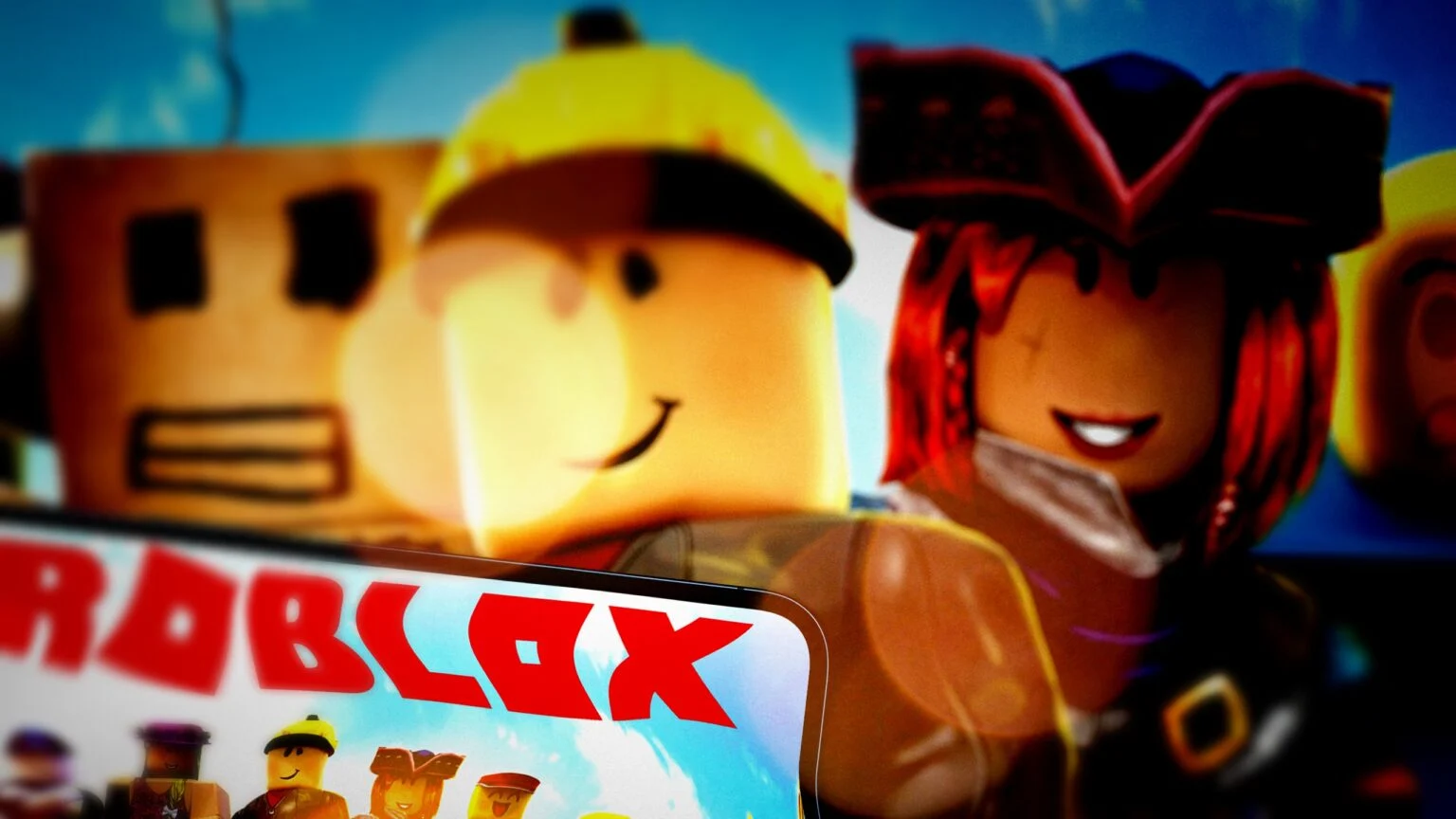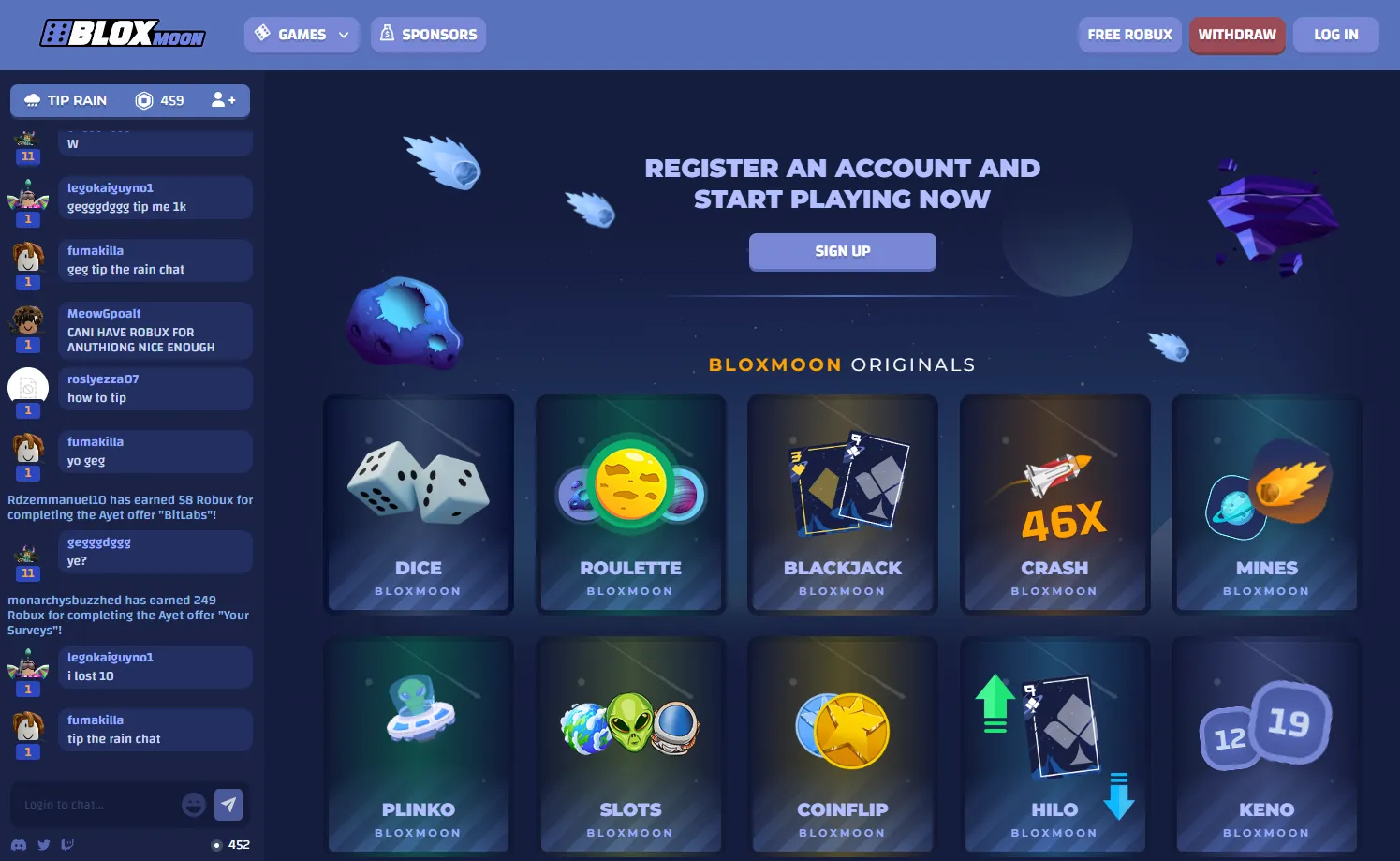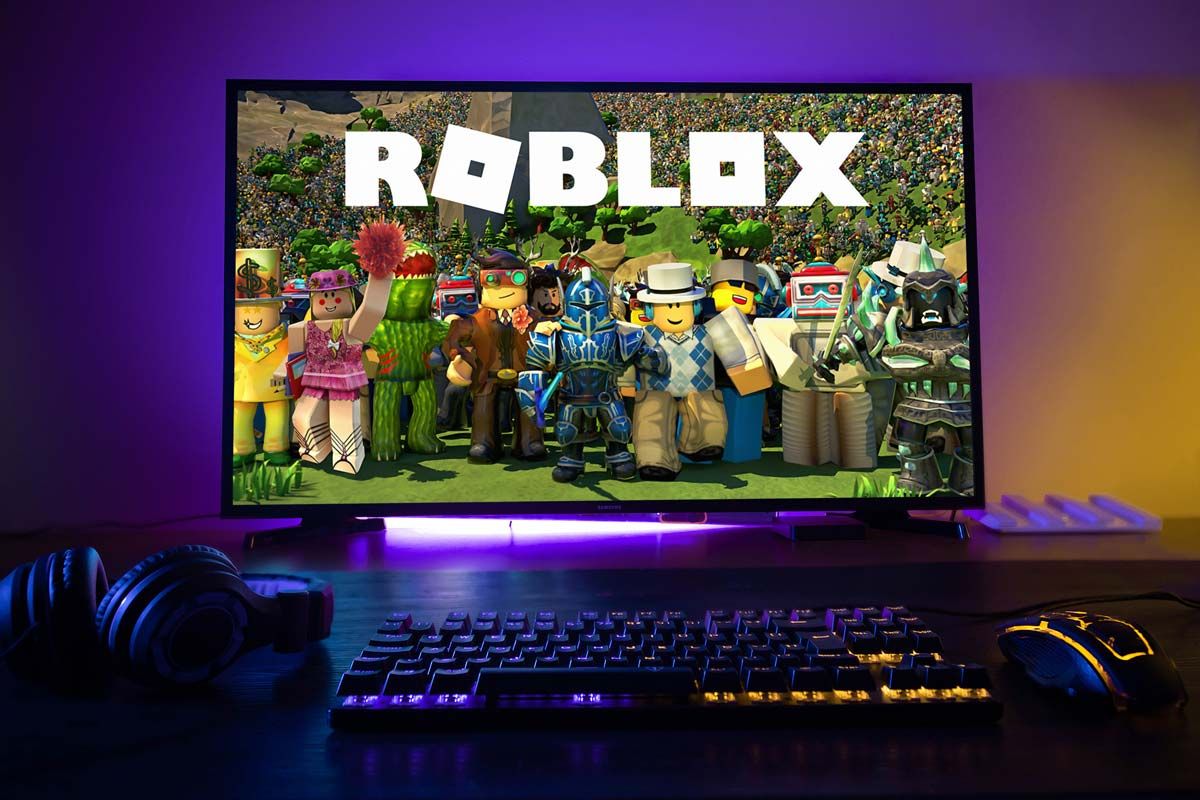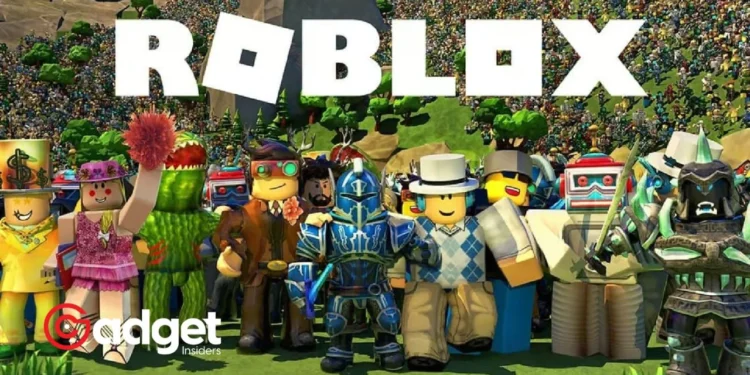In the digital playground of Roblox, a storm is brewing, casting long shadows over what many consider a safe space for creativity and play. A recent federal court ruling in California has thrust the platform into the spotlight, not for its innovative gaming ecosystem but for allegations that are as serious as they are troubling.
At the heart of the matter are claims of illegal gambling activities within Roblox, purportedly putting its youngest users at risk.

Roblox: The Legal Battle Unfolds
Roblox, a platform celebrated for its user-generated games and vibrant community, finds itself grappling with accusations that go beyond the realms of digital fantasy. Two mothers, stepping forward as the voice of concerned parents everywhere, have initiated legal action against the gaming giant.
They allege that the company not only allowed but also profited from “virtual casinos” that prey on children, using the platform’s digital currency, Robux, as the bait.
These “casinos” operate on external sites but are integrally linked to Roblox through the currency of Robux—purchased on the company’s website by its primarily youthful audience. The lawsuit points to a disturbingly aware Roblox, which meticulously monitors these transactions, allegedly turning a blind eye to the exploitation of its users.

Federal Judge’s Crucial Decision
A pivotal moment in this unfolding drama came when a federal judge decided to let the lawsuit proceed, brushing aside some claims but anchoring firmly on the most significant ones. Despite Roblox’s defense under Section 230 of the Communications Decency Act, which offers a liability shield for third-party content, the court saw things differently.
The judge’s decision to move forward with the case underlines a critical concern: Roblox’s potential complicity in transactions that link minors to illicit gambling. This isn’t merely about hosting questionable content; it’s about an alleged failure to protect the platform’s young users from predatory practices.
By not enforcing adequate warnings or safeguards, the company is accused of neglecting its duty of care, a decision that could have far-reaching consequences for user safety on the platform.
The Roblox illegal gambling lawsuit will proceed https://t.co/upeLtQaYaX
— Shacknews (@shacknews) April 4, 2024
The Implications of Robux Transactions
The core of the lawsuit hinges on the nature of Robux transactions. The legal scrutiny isn’t just about the digital currency’s use within Roblox but its application on external gambling sites. The court’s March 26th order sheds light on the economic weight of these transactions, drawing parallels between purchasing Robux and buying a ticket to a movie or an amusement park.
This analogy challenges the perceived distinction between virtual and real-world experiences, emphasizing that both involve seeking valued experiences, whether online or offline.
This perspective is crucial, especially when considering Roblox’s defense that the children received the entertainment they sought. Yet, the judge’s response to this argument is telling, likening the situation to a casino enticing a child at an amusement park, highlighting the predatory nature of these virtual casinos.

Looking Ahead: The Safety of Digital Playgrounds
As this legal battle unfolds, the spotlight on Roblox and similar platforms intensifies, raising vital questions about the safety of digital spaces designed for children. The case against Roblox is a wake-up call, a reminder of the responsibility that comes with creating and maintaining these digital playgrounds.
For parents, educators, and policymakers, the unfolding drama serves as a cautionary tale. It’s a prompt to demand more rigorous safeguards and a more vigilant approach to protecting the youngest members of the digital world.
As for Roblox, the coming months will be a test of its commitment to its user base, challenging it to reassess its policies and practices to ensure that its platform remains a safe, enriching space for all its users.










